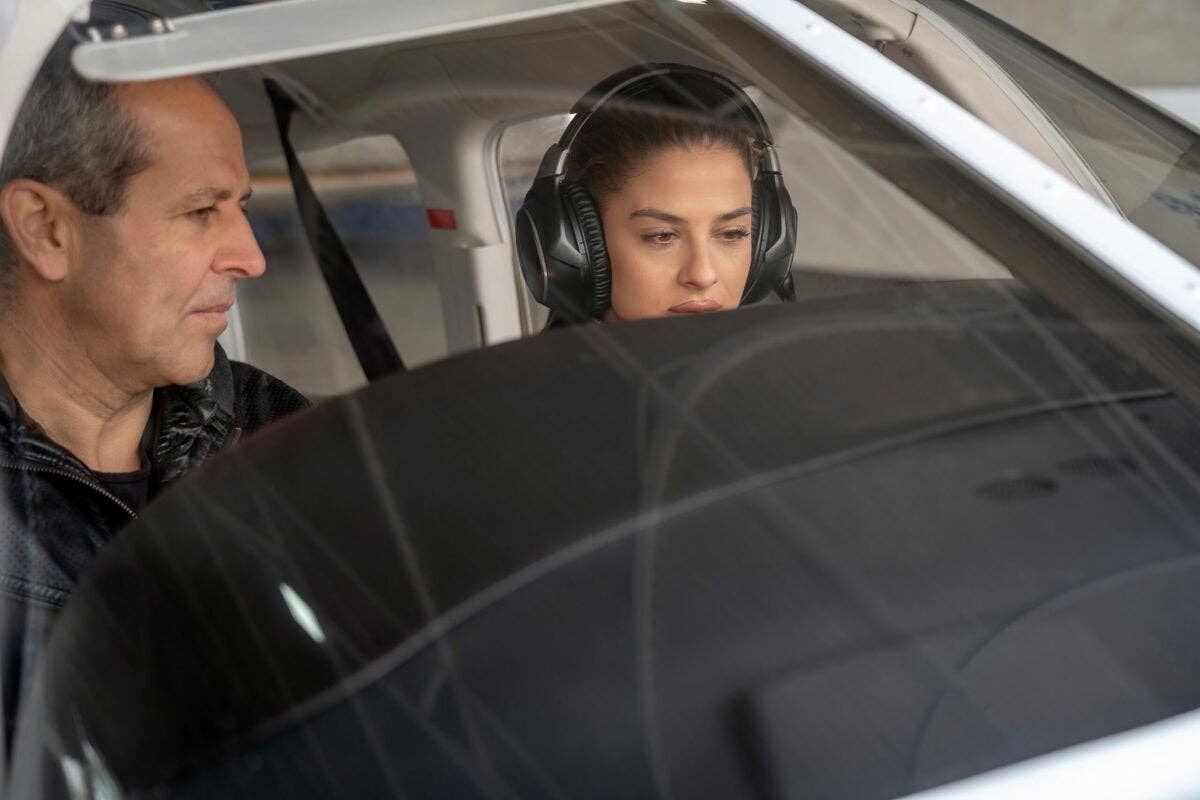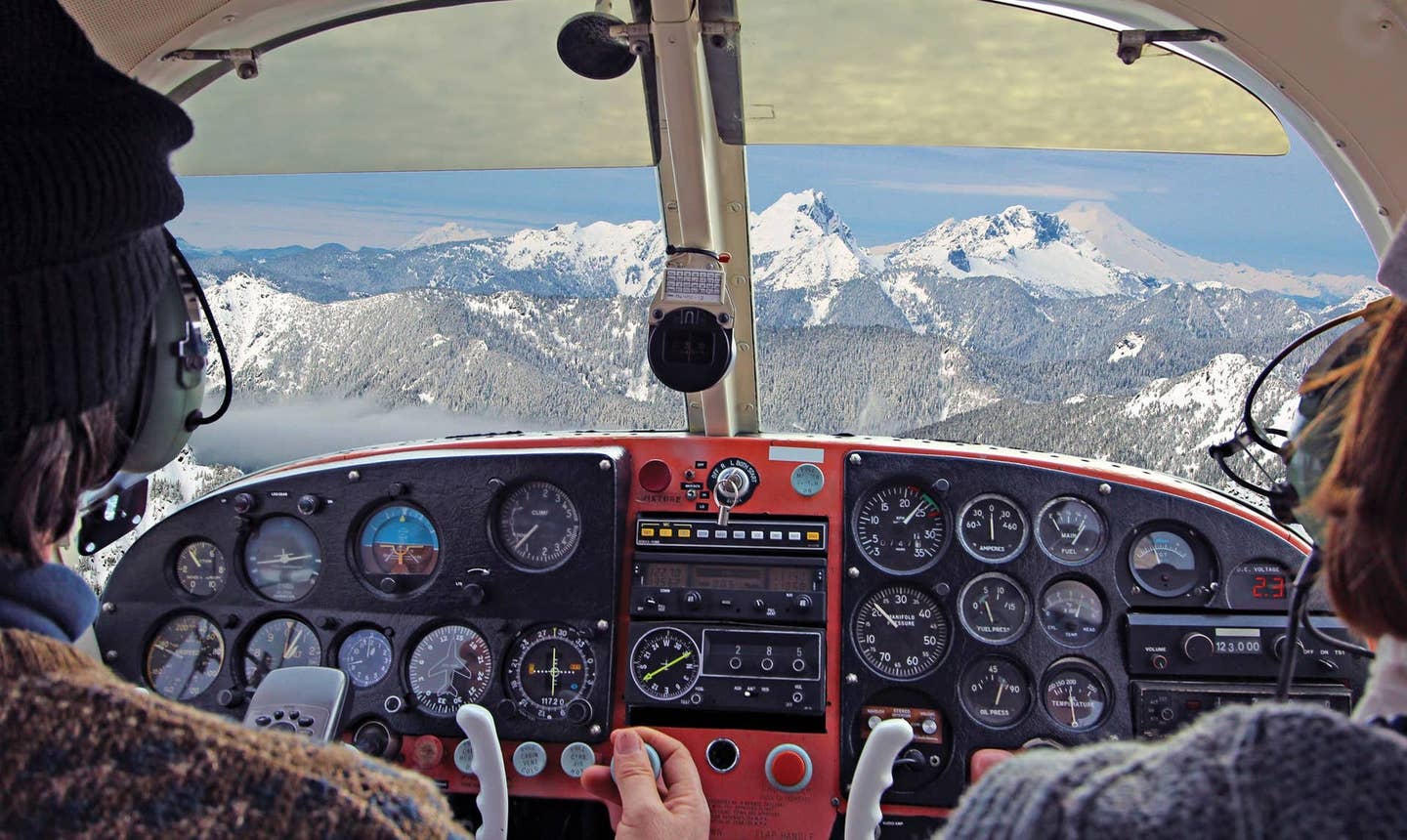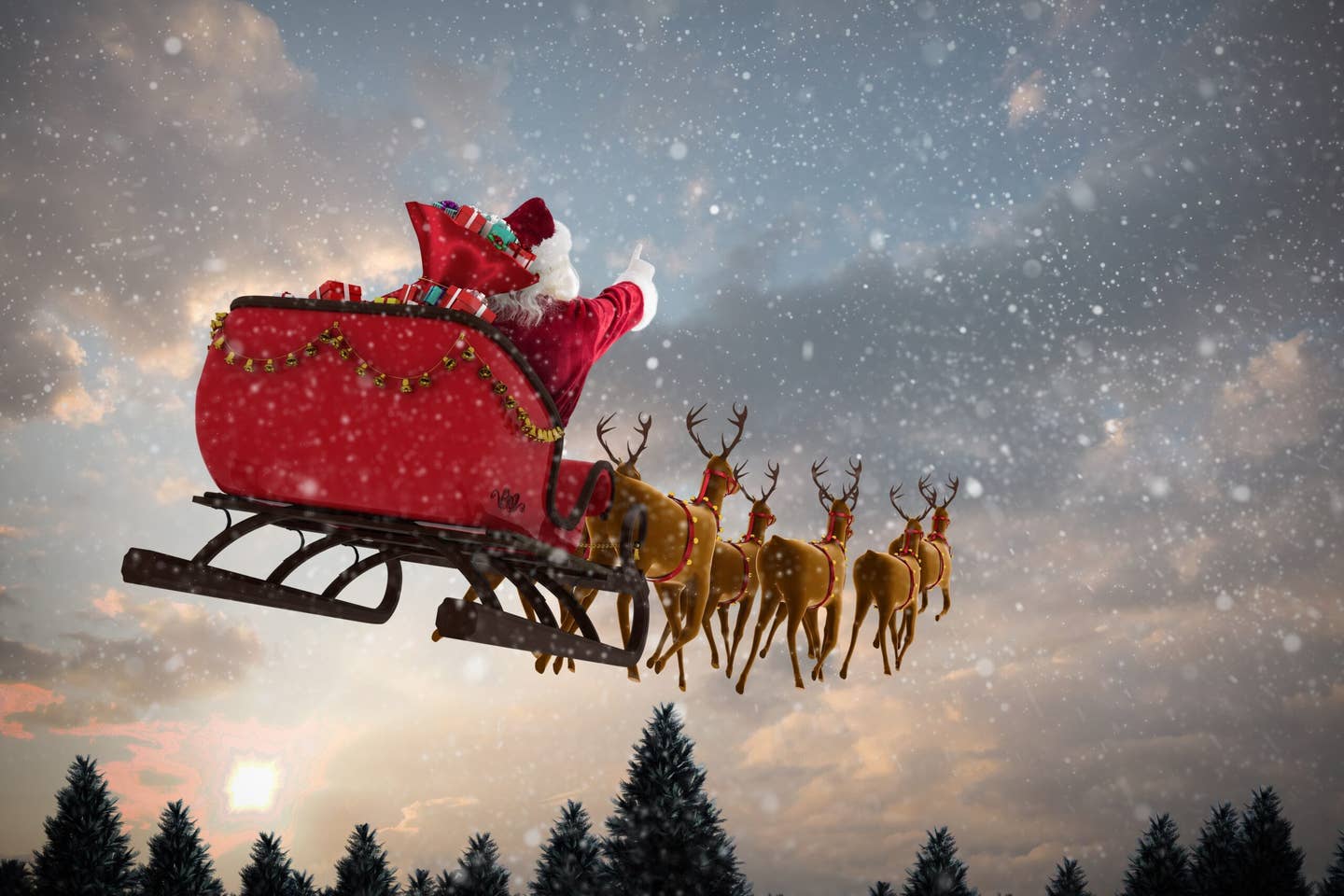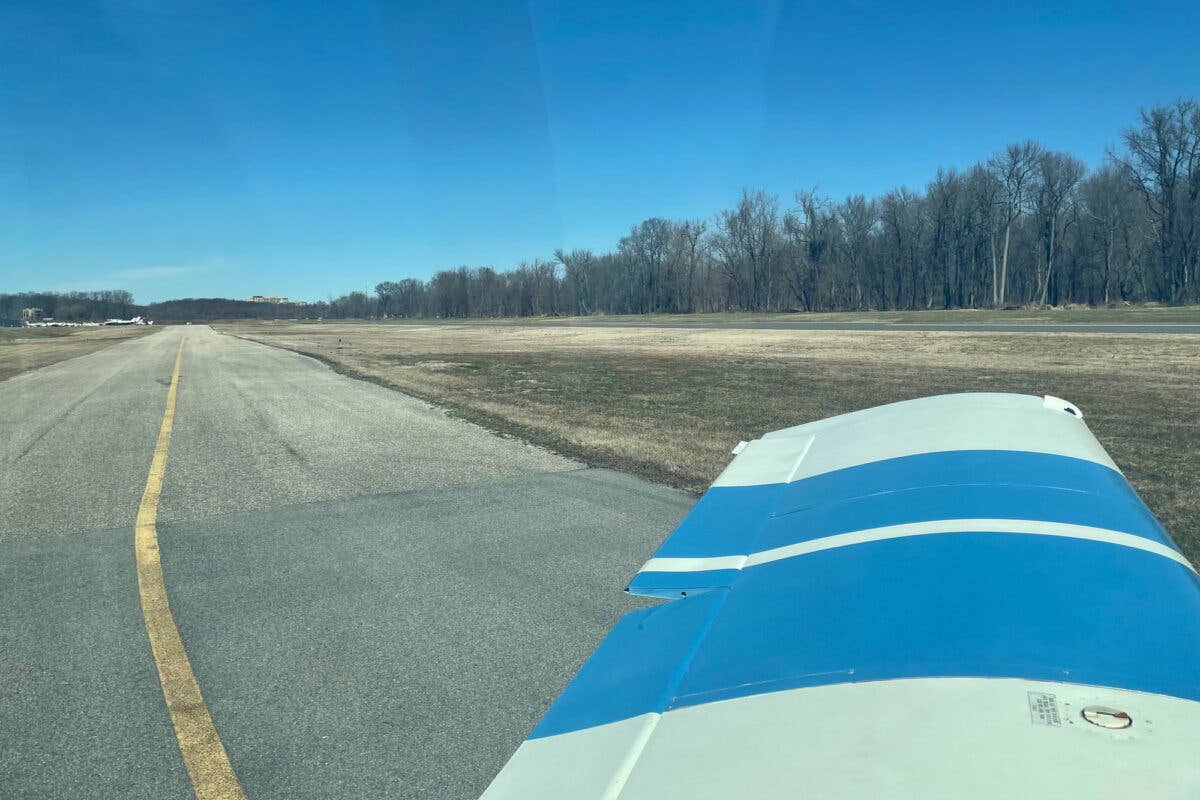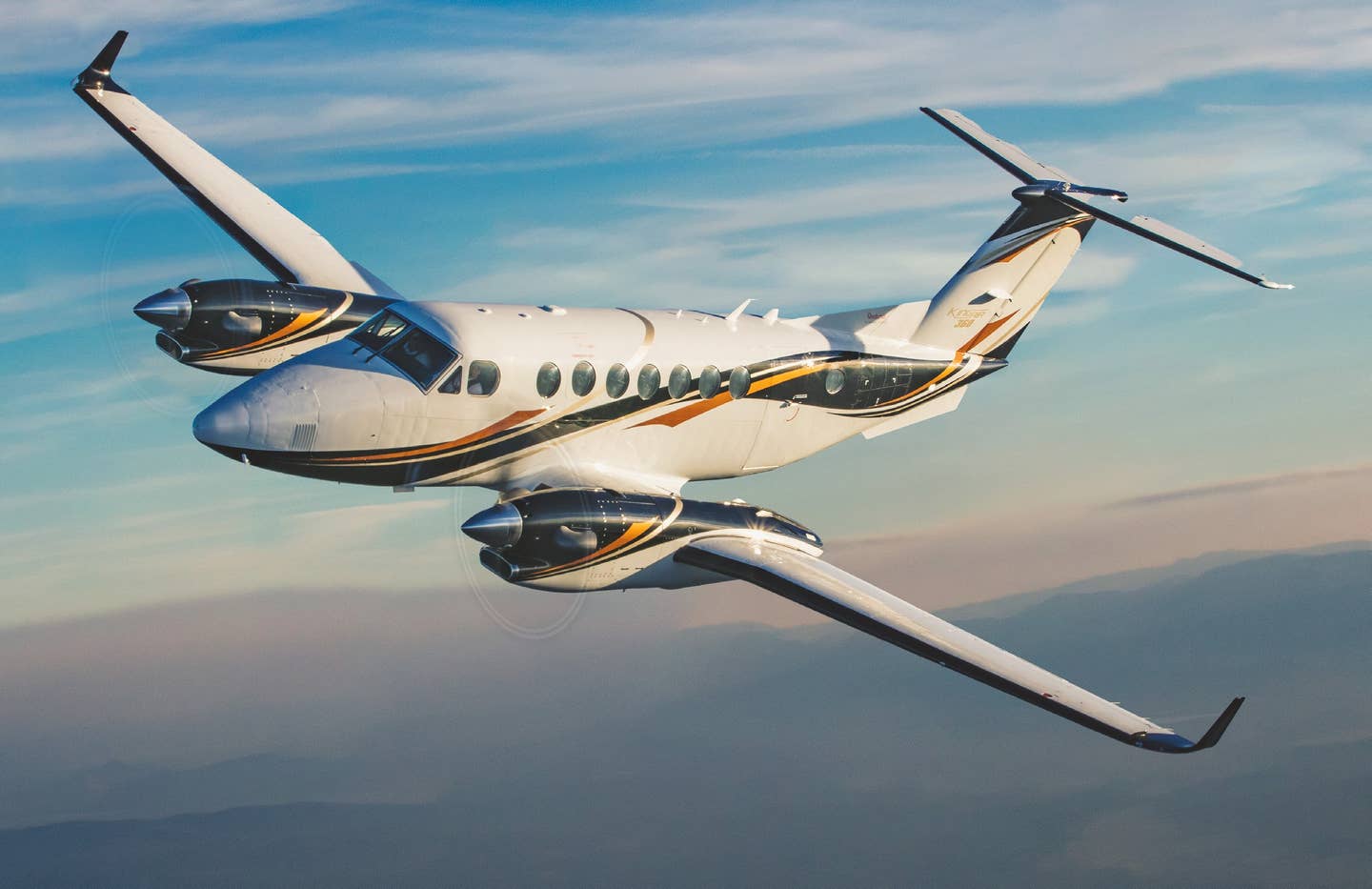
Twin Otter FO John Costa
(July 2011) When the carepages e-mail arrived among other messages, I wasn't quite ready to open it. The last communication that I had received regarding John's condition was through a phone conversation via his wife. With stoic control over the tone of her voice, Pam had discussed the involvement of hospice care.
I clutched my laptop and walked out the front door and down the steps to my favorite spot on our concrete dock, where I had left a chaise lounge. A half-finished column needed my attention. I opened the laptop and stared at a page. The page might as well have been blank.
I abandoned my column and clicked on the CarePages link. Pam had written a brief paragraph. John Costa had taken his final flight. It wasn’t a surprise. My friend had fought against lung cancer for two courageous years.
I stared at the announcement for a moment and then reopened my column. I added a new sentence. And then I closed the lid to the laptop. Not knowing for what purpose, I walked back upstairs and into our house.
Carol was seated at the kitchen counter, tapping away on her own computer. When she turned to face me, I stated simply, “We lost John.” Carol wasn’t quite sure what I had said, but when she looked into my eyes she connected the dots. She reached out her arms and hugged. I said nothing, struggling with control over the moisture in my eyes.
Losing a friend early in life is certainly not unique, especially in the aviation industry. But this was different for me. John and I had grown up together — not in the sense that we had been childhood pals, but rather that we had become adults as professional aviators together.
We all remember our first car. More important to those of us in the airplane business, we remember our first real flying job. Regional carrier, corporation, charter or squadron, it doesn’t matter. Careers are molded by the earliest of our employment experiences. And the people whom we encountered at that time will always share an important part of our lives. John was one of those people.
Prior to crossing paths with John, I had been flying as a Beech 99 copilot for Chautauqua Airlines. At the time, Chautauqua was an Allegheny Commuter. It was the first job after graduating college that epaulets and wings were a required part of my wardrobe. Unfortunately, my employment lasted less than a year. I got a real taste of the airline experience. I was furloughed. It wouldn’t be the last time in my career.
With the coveted, all-important turboprop flight time now on my resume, I began another job search campaign. I was fortunate to have insider access to the Allegheny Commuter network. My next employer, Southern Jersey Airways (SJA), was also part of the network. I was interviewed and hired. Although I had to leave the warmth of the sunshine state, a big pay raise from $750 a month to $850 a month made the move more palatable.
Despite the food stamp wages, the value of the experience went beyond just flying airplanes. I have friendships that have endured more than 30 years. I flew with SJA for only 3½ years. Perhaps my youth made it seem more like a lifetime. It certainly was a lifetime ago considering the fact that I have been with my present airline for almost 27 years.
My first encounter with John took place in the back classroom area of the Cape May, New Jersey, terminal building. About five new hires that included me eagerly listened as our director of training taught Twin Otter 101. As the airline’s veteran pilots reported for duty, curiosity compelled them to peek in through the classroom door. The presence of new kids was a welcome sight. Not only was a new kid a potential member of a small and exclusive club, but he or she was also the symbol of growth for the seniority list.
John strode into the classroom wearing his three-stripe uniform jacket and a wide smile. He radiated warmth. When he shook my hand and said “welcome,” no doubt existed as to his sincerity. I liked him immediately.
To be considered for membership in the SJA fraternity, attendance was required at the designated local dining and/or libation establishment. John was always the first and last to open his wallet. Although I tried to open mine, I was often defeated by John’s generosity.
As is often the custom for most airlines, our gatherings became an informal but practical venue for ground school. The day’s operation was discussed. Weather was discussed. Flying the Twin Otter was discussed. Our favorite and least favorite captains were discussed. And, of course, the most attractive date prospects were agonized over and debated. Whoever resorted to displaying a pilot’s license for such a purpose was that evening’s loser. (Yes, I’ll admit to being a loser.)
Most of us among the copilot ranks were barely out of college. Some had never survived outside of their dorm rooms and fraternity houses. But our career hopes had placed us in a position to affect the lives of people that paid for our commitment to safety. The fact that many of us became captains at SJA while still in our early 20s makes me smile and shudder all at the same time.
When John was able to add a fourth stripe to his epaulets, I took note. Although his affable demeanor never lost its charm, John’s attitude was noticeably different. The trademark cavalier attitude my colleagues often utilize to mask the seriousness of the mission was now combined with a keener sense of responsibility. John was my best friend then, but overnight he had also become my captain.
Unknowingly, John also became my mentor. I was always afforded the opportunity to make command decisions. Fuel load. Weather deviations. Altitudes. On the ground, John taught me compassion. A leader can’t be effective without that attribute. And on one fortunate occasion, I was given the opportunity to witness just where that attribute originated.
John and I were paired together on a trip that involved a little longer than a two-hour break between flights at Newark Airport. Shortly after our arrival we were whisked off to a family dinner, Portuguese-style. Because I was John’s friend, I was family. Mom, Dad, aunts, uncles, cousins. Clams, mussels, whitefish. We were treated like kings. With barely a word of English spoken, I learned more about John’s background then he could ever tell me.
And John taught me how to cook … well, at least he improved my repertoire. I owe the success of my world-famous chili to John. I adopted his recipe. The recipe was born of a necessity to feed large groups of starving commuter pilots. Till this day, and to Carol’s dismay, I am unable to make chili for less than 20 people. As of this writing, a leftover Tupperware container competes for space in our freezer.
I also had the privilege of sharing in John’s nonaviation triumphs. He married and I was the best man at a civil ceremony in downtown Wildwood, New Jersey. Although it was a very modest celebration, it was affordable. And a year or so later, on a Super Bowl Sunday surrounded by half of the SJA seniority list at my carriage house apartment in Cape May, I got a phone call. John’s daughter, Melissa, was born. At John’s memorial service, I lightened the moment. I told his now 29-year-old daughter that a photo of me attempting to ride her first tricycle around the kitchen of their tiny condo really does exist. The search for that photo continues.
If the standing-room-only attendance at John’s memorial service wasn’t enough of a reflection on John’s character, those of us wearing uniforms made a statement. His company, Spirit Airlines, was well represented among others.
John remarried, and with Pam had a son. Dayne is 11 years old. I can already see a reflection of John in his character. Dayne will no doubt miss his dad. If he becomes half the man his father was, my friend’s short 54 years will have been a success.
Lastly, an old tavern in Cape May called the Ugly Mug was an establishment frequented by our brotherhood of SJA pilots. Just above the bar hang rows of mugs. The mugs belong to members of a club. As was done in the days of barbershop quartets, members participate in a contest to blow beer foam off the top of their mug. The member who blows his or her foam the longest distance is the winner. It is still a tradition. When a member dies, his mug is turned to face the nearby Atlantic Ocean.
In honor of my friend John, and all of our aviation friends that have since passed on, please join me in turning a mug to face the ocean. They will not be forgotten.

Sign-up for newsletters & special offers!
Get the latest FLYING stories & special offers delivered directly to your inbox

